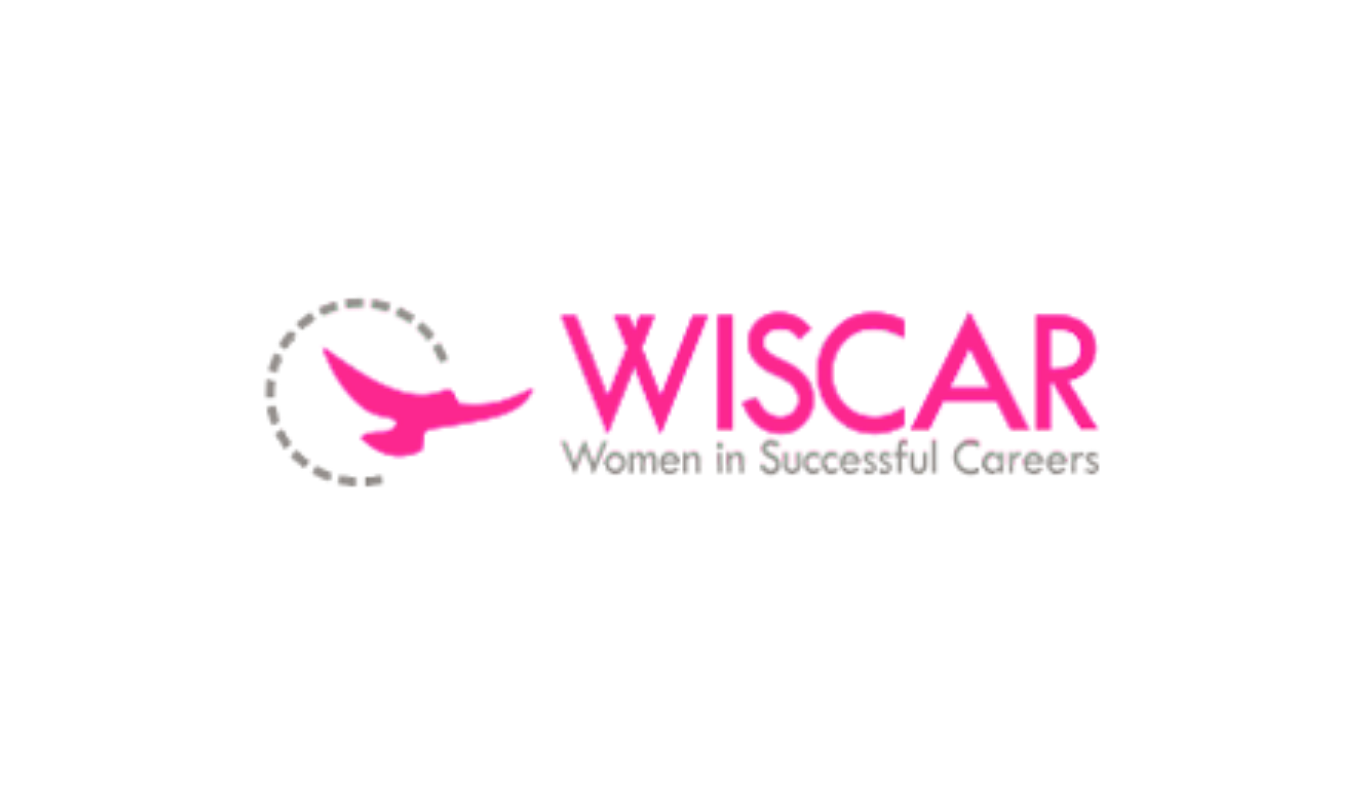Talking points amalgamated from comments from the WISCAR Alumni and Mentees.
Questions posed
- What is the change that professional/entrepreneurial women want to see in their workplaces?
- What change do we want to see at the grass roots level?
- How can women become more involved in nation building?
- What is our call to action?
In the workplaces
Free access to workplace post maternity care and for bigger organizations work-site clinics that offer immunization services. This would assist in the post maternity leave transition period back to work and ensure that women can focus, and may thus reduce the need for early closing (which is often spent in traffic). Early closing can instead be
converted into breast feeding time with up to two hours allowed in the day for expressing or feeding.
Flexi work times
The more progressive companies make the best use of technology ensuring staff connectivity outside of the office thus providing options for remote work while maintaining efficiency levels. Research in some Scandinavian Companies that have adopted this in Sweden and Denmark for instance have shown that just having the option alone boosts morale and productivity and that in fact many people still come in to the office on flexi work days and are happy to largely because they know they have the option.
Mentoring
Adopting Workplace policy that makes mentoring compulsory across genders, but particularly relevant for women. Studies have shown that women who are technically competent and on track for career progression and leadership often drop off the career ladder not just because of work-life balance related issues but because of a lack of rolemodels and structured career mentoring programmes, that empower them with the tools they need to navigate career progression pathways. Thus more advocacy on ensuring that structured mentoring for women is part of work-place HR policies is required. (WISCAR is working on this).
Conducive Workplace Environment
This includes not just an environment of continuous investment in staff training, but one that ensures the physical environment is healthy and safe, free from all forms of harassment, encourages mentoring and open communication and has sound and dynamic HR policies from recruitment to progression and strives for best practice.
Affirmative Action for Leadership
At WISCAR we promote and advocate not only for gender parity in the workplace but ultimately for more women leaders across career spheres from the corporate world, in government and public service etc. We particularly advocate for more women in Governance and senior levels. Our long drawn history of discrimination of women and
traditional cultural roles ascribed to women means that women and girls do not start on a level playing field. Instituting and enforcing affirmative HR policies that require that quotas are set for recruitment and managerial level positions at the bigger corporates will work towards ensuring that women move up the career ladder into leadership positions where they would be in a position to contribute to more balanced decision making across board. Such women that may also transition into public life in later years.
Extended Maternity Leave
We cannot deny that childbearing is a big part of women’s lives. Women should not have to apologize for this and this needs to be fairly and firmly legislated for. Extended Maternity leave from 12 weeks to 16 weeks and a re-training and re-integration of women and men who take more time out for maternity and paternity leave. In the
Public service maternity leave is 16 weeks, this should be adopted across board and incorporated into our labour laws.
Women and Girls at the grass roots
The right to an education is an inalienable right. Education is a major solution to lifting girls out of the cycle of poverty and giving them a fair chance in life. Many girls are unable to go to school for a number of reasons including economic reasons. Advocacy towards extending Universal Basic Education till the end of secondary school for girls will assist. There are many more issues around culture and environment include guaranteeing safety at schools etc.
Free adult education schemes that ensure that every women is at least able to read and write, means that they can explore more meaningful opportunities. Vocational training opportunities should also be increased and should be part of the secondary school curriculum and not outside of it.
Issues around Child slavery and child trafficking and advocacy towards full ratification of the Child Rights Act by all 36 states. Full enforcement by the states who have ratified.
Political participation.
Understanding that these changes will not happen if as women we do not exercise our civic and political rights. More information, awareness creation and sensitization around these issues.
Call to action
WISCAR’s Call to action is to secure your PVC’s, get informed about the political parties, mainstream and fringe, demand their manifestos and get involved. Get involved, Get current with the issues and statistics and support the advocacy work of women’s organizations such as WISCAR in pushing for change.

